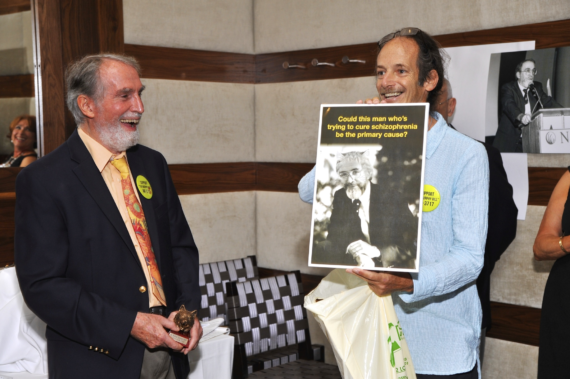 (7-1-22) Stories about the Ken Burn’s documentary, Hiding In Plain Sight: Youth Mental Illness, being shown on PBS continue to appear. The Washington Post profiled my son, Kevin, in a Petula Dvorak column.
(7-1-22) Stories about the Ken Burn’s documentary, Hiding In Plain Sight: Youth Mental Illness, being shown on PBS continue to appear. The Washington Post profiled my son, Kevin, in a Petula Dvorak column.
Once reluctant, now he uses his full name to talk about mental illness
“Mike” has “an incurable disease. He will never get better,” a doctor told Mike’s father, best-selling author (and former Washington Post reporter) Pete Earley.
He told the story of the devastating news in the documentary: “It’s unlikely he will ever be able to hold a job, he’ll ever marry, have kids. And there’s a high chance he’ll have an encounter with police, be arrested, may become homeless.”
But at the White House last week and on screens across America, he’s using his full name — Kevin Mike Earley. And he has a graduate degree, a job and a full, artistic life.







